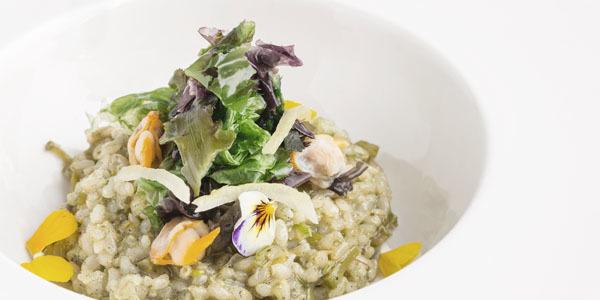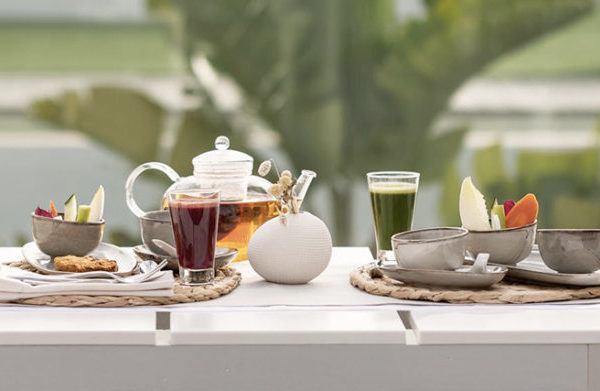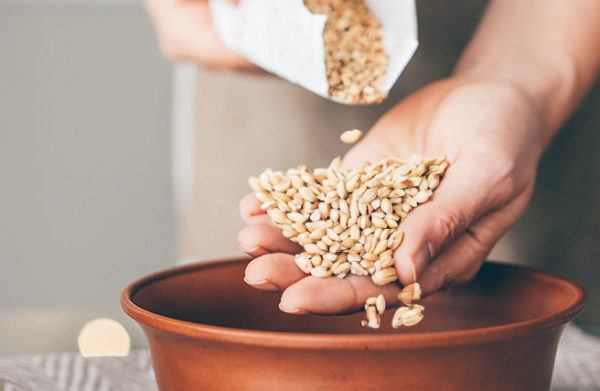
SHA Magazine Healthy Nutrition
Seaweed: the vegetables of the sea
Although still regarded as an exotic ingredient in the West, seaweed has been part of the daily diet in countries like Japan, China and Korea for centuries. And it comes as no surprise, because as María Romeralo, nutritionist at SHA Wellness Clinic, explains, “algae are the vegetables of the sea, they provide a large amount of minerals and vitamins and have a multitude of health benefits. They stimulate the metabolism, are highly purifying and alkalising, help to dissolve fats and mucus in the body, accelerate the detoxification of heavy metals, normalise blood pressure, strengthen the immune system, contribute to an optimal weight, improve digestion and increase energy levels”.
Not only is seaweed extremely healthy, but the oldest living creature on the planet is a natural resource from the sea that is replenished every year, so it’s also a stable and sustainable food. “Spain is a country with many kilometres of coastline and Galicia is a large producer of local seaweed”, adds María.
The wide variety of existing edible species means that seaweed can be added to almost all kinds of recipes, from soups to stews, grain-based dishes, vegetables and salads. And it is precisely this enormous versatility that caught the attention of Western haute cuisine, which began to focus on seaweed’s nutritional potential and culinary value with nori, the seaweed normally used in sushi, and which Europe discovered with the Asian food boom in the second half of the 1990s. However, man cannot live on seaweed alone, as the doctors says, explaining that “eating a small portion every day is recommended”.
Species of seaweed and how to include them in your diet
If this is your first time cooking with seaweed, María warns that “you should always buy certified seaweed, whether fresh (in season) or dried, which keep very well in a glass jar. However, not all seaweed is the same, nor do they all have the same properties or flavours, and some species are better suited to certain dishes than others. Thus, wakame and dulse seaweed are perfect for soups and salads; kombu, which facilitates digestion, with pulses and grains; arame and hijiki, as a garnish or in salads; nori, as a snack, condiment or in sushi and soups; and agar agar, which refreshes and regulates intestinal transit, is ideal for making jellies at this time of year”.
Enjoy this refreshing recipe with wakame seaweed.





